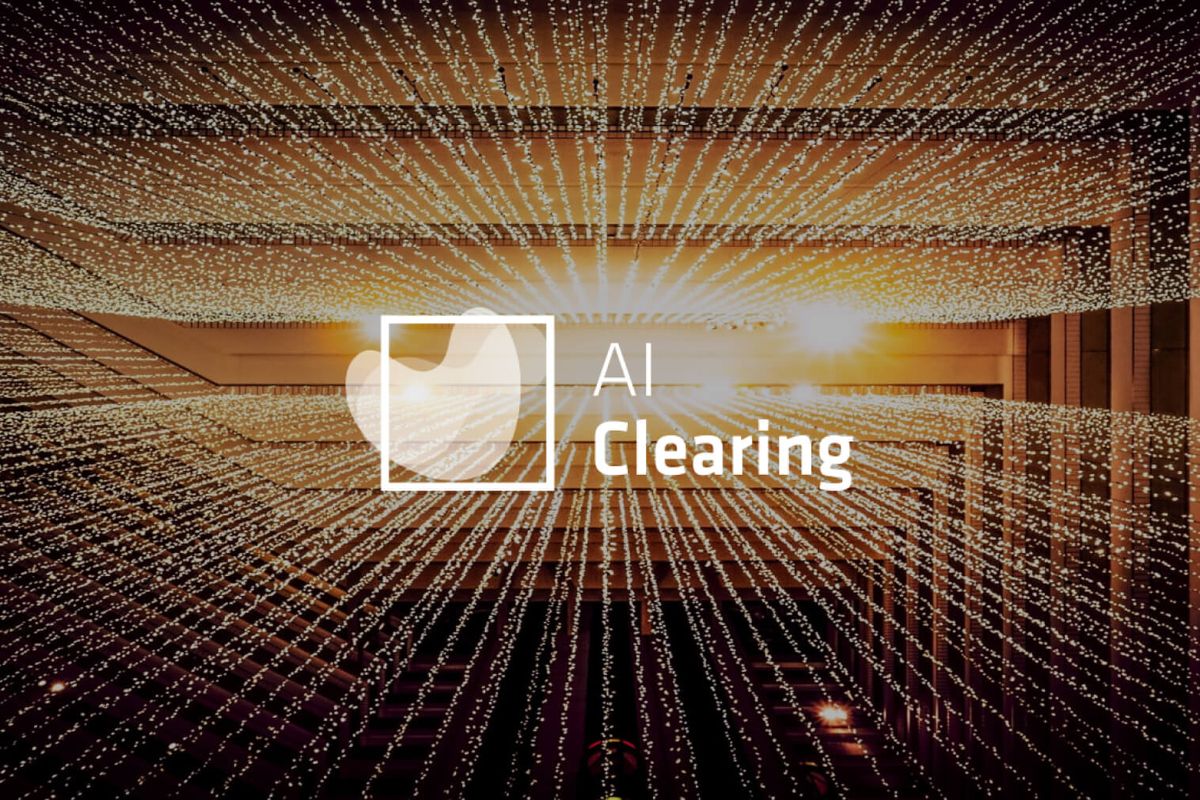
Artificial Intelligence (AI) has transformed many industries, but have you ever wondered how it impacts the world of construction? AI clearing is revolutionizing how construction projects are managed, making them safer, faster, and more efficient. From automating mundane tasks to predicting potential issues before they arise, AI is a game-changer. Imagine a construction site where machines can identify hazards, optimize schedules, and even ensure quality control—all without human intervention. This isn't science fiction; it's happening now. In this blog post, we'll explore 17 fascinating facts about AI clearing that will give you a deeper understanding of its capabilities and potential. Buckle up for a journey into the future of construction!
What is AI?
Artificial Intelligence (AI) is a branch of computer science focused on creating systems capable of performing tasks that typically require human intelligence. These tasks include learning, reasoning, problem-solving, perception, and language understanding.
-
AI can learn from data. Machine learning, a subset of AI, allows systems to learn and improve from experience without being explicitly programmed. This is achieved through algorithms that identify patterns in data.
-
AI mimics human cognition. AI systems are designed to replicate human thought processes. This includes understanding language, recognizing patterns, and making decisions based on data.
-
AI is used in various industries. From healthcare to finance, AI applications are widespread. For instance, in healthcare, AI helps in diagnosing diseases, while in finance, it aids in fraud detection.
Types of AI
AI can be categorized into different types based on their capabilities and functionalities. Understanding these types helps in grasping the scope and potential of AI technologies.
-
Narrow AI is task-specific. Also known as Weak AI, Narrow AI is designed to perform a single task, such as facial recognition or internet searches. It operates under a limited set of constraints and cannot perform tasks outside its specific function.
-
General AI can perform any intellectual task. General AI, or Strong AI, aims to understand, learn, and apply knowledge across a wide range of tasks, similar to human intelligence. This type of AI remains theoretical and has not yet been achieved.
-
Superintelligent AI surpasses human intelligence. Hypothetical Superintelligent AI would outperform human intelligence in all aspects, including creativity, problem-solving, and social intelligence. This concept raises ethical and safety concerns.
AI in Everyday Life
AI has seamlessly integrated into our daily routines, often without us even realizing it. Here are some common ways AI impacts our lives.
-
Virtual assistants use AI. Devices like Amazon's Alexa, Apple's Siri, and Google Assistant rely on AI to understand and respond to user commands, making everyday tasks easier.
-
AI powers recommendation systems. Platforms like Netflix, YouTube, and Amazon use AI algorithms to analyze user behavior and suggest content or products tailored to individual preferences.
-
Smart home devices operate with AI. Thermostats, security cameras, and lighting systems use AI to learn user habits and optimize home environments for comfort and efficiency.
AI in Healthcare
The healthcare industry has seen significant advancements due to AI technologies. These innovations are transforming patient care and medical research.
-
AI assists in diagnosing diseases. AI algorithms analyze medical images and patient data to detect diseases like cancer, often with higher accuracy than human doctors.
-
AI helps in drug discovery. By analyzing vast amounts of data, AI can identify potential drug candidates faster than traditional methods, speeding up the development of new medications.
-
AI improves personalized medicine. AI systems analyze genetic information and patient history to tailor treatments to individual needs, enhancing the effectiveness of medical interventions.
Ethical Considerations of AI
As AI continues to evolve, ethical considerations become increasingly important. Addressing these concerns ensures the responsible development and deployment of AI technologies.
-
Bias in AI algorithms. AI systems can inherit biases from the data they are trained on, leading to unfair or discriminatory outcomes. Ensuring diverse and representative data sets is crucial to mitigating bias.
-
Privacy concerns with AI. AI systems often require large amounts of data, raising concerns about data privacy and security. Protecting user information is essential to maintaining trust in AI technologies.
-
Job displacement due to AI. Automation powered by AI can lead to job losses in certain industries. However, it also creates new opportunities and roles, necessitating workforce adaptation and reskilling.
Future of AI
The future of AI holds immense potential, with ongoing research and development paving the way for groundbreaking innovations.
-
AI in autonomous vehicles. Self-driving cars use AI to navigate roads, recognize obstacles, and make real-time decisions, promising safer and more efficient transportation.
-
AI in creative fields. AI is making strides in creative domains like art, music, and writing, generating original works and assisting human creators in the creative process.
Final Thoughts on AI
AI's impact on our world is undeniable. From revolutionizing industries to making everyday tasks easier, it's clear that AI is here to stay. Understanding these 17 facts about AI helps us appreciate its capabilities and potential. Whether it's machine learning, natural language processing, or robotics, AI continues to push boundaries.
It's not just about technology; it's about how we integrate AI into our lives responsibly. As AI evolves, staying informed is crucial. Embrace the changes, but also be aware of the ethical considerations. The future of AI is bright, and being knowledgeable about its developments ensures we can harness its power effectively.
Keep exploring, stay curious, and remember that AI is a tool we can shape to benefit society. The journey with AI is just beginning, and there's so much more to learn.
Was this page helpful?
Our commitment to delivering trustworthy and engaging content is at the heart of what we do. Each fact on our site is contributed by real users like you, bringing a wealth of diverse insights and information. To ensure the highest standards of accuracy and reliability, our dedicated editors meticulously review each submission. This process guarantees that the facts we share are not only fascinating but also credible. Trust in our commitment to quality and authenticity as you explore and learn with us.


